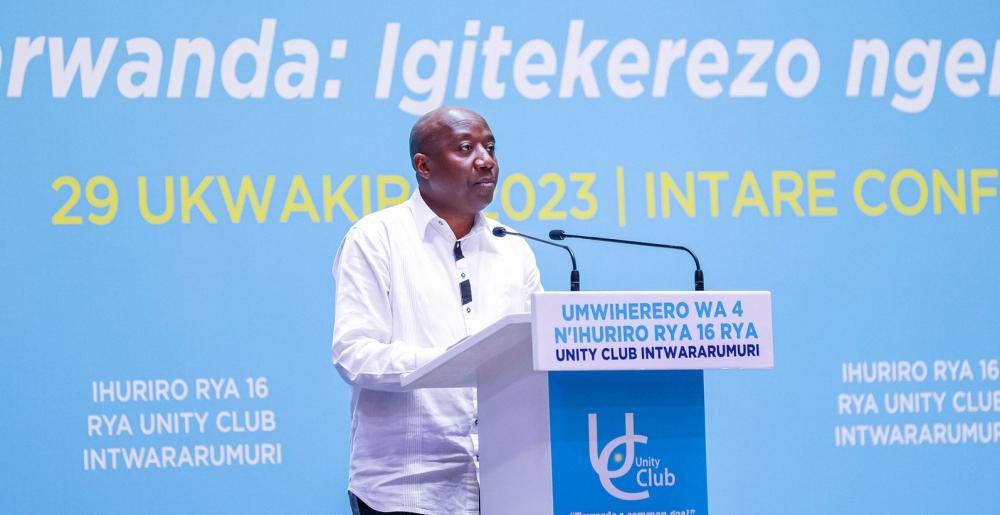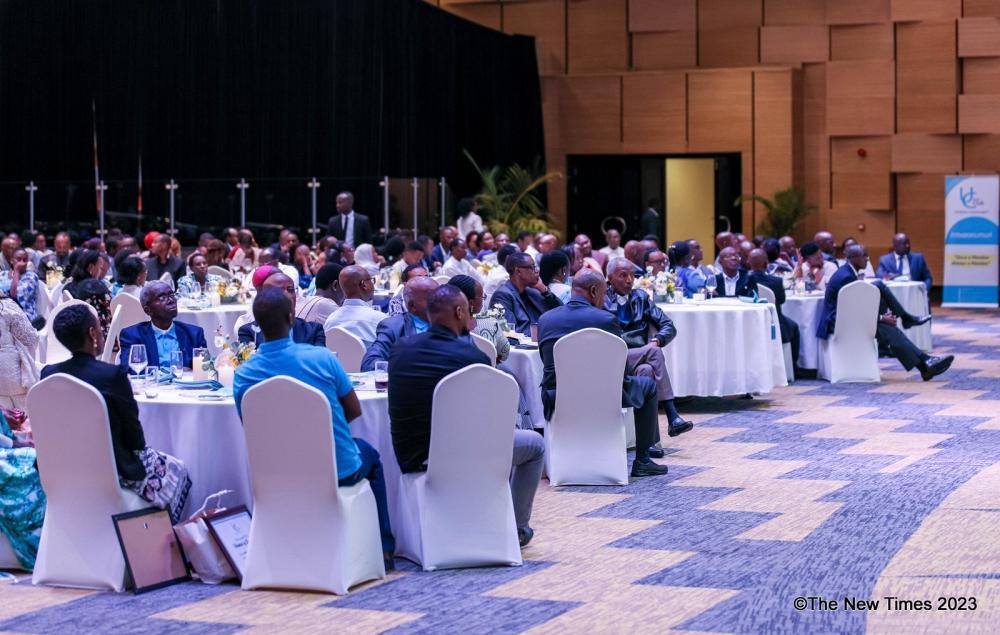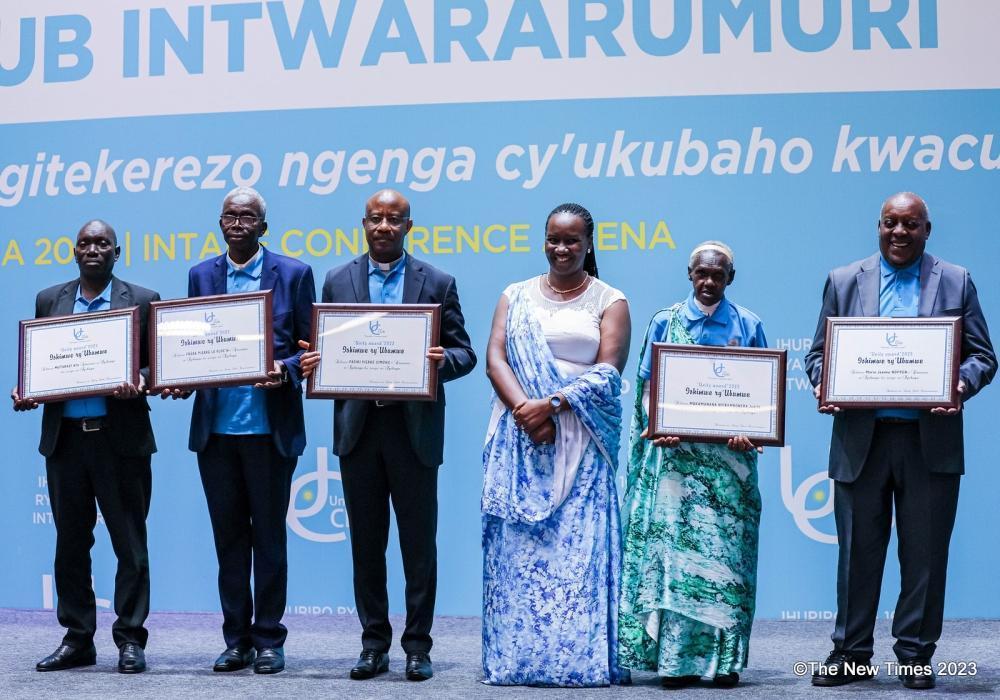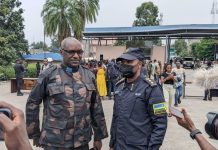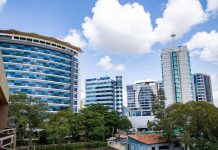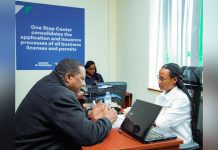Alice Kagina
Africa-Press – Rwanda. Prime Minister Edouard Ngirente has reminded government officials not to use their positions for their own interests instead of serving Rwandans.
He delivered remarks at the conclusion of the 16th forum of the Unity Club Intwararumuri, held under the theme “Ndi Umunyarwanda, the ultimate concept of our existence”, on October 29.
Unity Club is an association that brings together members of cabinet – former and present, their spouses, and other top government officials, with the purpose of promoting unity and contributing to the socio-economic development of the country.
Ngirente noted that patriotism is expressed in three pillars including participating in economic growth of the country, good governance, and improved livelihoods among the people of Rwanda.
According to him, the biggest indicator of what has been achieved is the improved life expectancy with the recent figures indicating 69 years, which speaks volumes to efforts invested in developing the country over the past 30 years.
As the country nears the 30th commemoration of the 1994 Genocide against the Tutsi in 2024, he said there are notable achievements made in rebuilding the country from ashes and they should be preserved. However, he urged the leaders to fulfill their responsibilities as they continuously task the youth to sustain the country’s development.
“Let’s not get stuck in preserving what has been achieved already but open up and work towards more development. When swearing-in to office, we pledge to never misuse our positions for selfish gains, so, let’s act on that in unity and treat the country’s interests as priority,” he said.
Delegates at the just-concluded Unity Club retreat which brought together several government leaders – former and present – and their spouses. Dan Gatsinzi
The forum also featured a session of awarding seven people who demonstrated outstanding acts of humanity in helping thousands of Rwandans survive the 1994 Genocide against the Tutsi, while others did extraordinary acts in instilling unity among Rwandan in the aftermath of the Genocide.
The award recipients locally known as Abarinzi b’igihango (protectors of friendship pact) include; Judith Mukamunana Nyirambonera, Azarie Mpirwa, Marie Jeanne Noppen, Father Pierre Simons, Brother Pierre Le Floc’h, Mohamood Noordin Thobani, and Ally Mutabazi.
During a panel discussion that focused on the role of youth in national unity and reconciliation, Audace Mudahemuka, National Coordinator of AERG –the Association of Student Genocide Survivors –requested parents to be keen on transmitting resilience instead of only trauma to the next generation as they share the history of the Genocide.
On the other hand, Singer and media personality, Andy Bumuntu, encouraged the youth to respect their hustle as they are driven with the purpose of developing themselves and the country rather than being led by peer pressure.
Meanwhile, Domitille Mukantaganzwa, Chairperson of Rwanda Law Reform Commission, pointed out that a good leader with a clear vision focuses on establishing a foundation upon which the country will strive and move forward, something that Rwandans requested from leadership after the Genocide.
Gen (Rtd) James Kabarebe, Minister of State for Foreign Affairs in charge of Regional Cooperation, delved into the history of the struggle to liberate Rwanda from the genocidal regime and the need for older people to tell the truth of the history as it is for the youth to be equipped to fight the current wave of genocide ideology.
According to the Reconciliation Barometer study conducted in 2020, at least 98 percent of Rwandans believe that ‘Ndi umunyarwanda’ plays a role in building national unity and 88 percent reportedly participate in dialogues of unity.
It also states that the level of unity among Rwandans has increased by 2.2 percent within five years (2015-2020) attributed to different policies that seek to build inclusivity and unity. However, the gap remains with 5.3 percent of people reported to disassociate themselves from the journey of unity and reconciliation.
For More News And Analysis About Rwanda Follow Africa-Press

